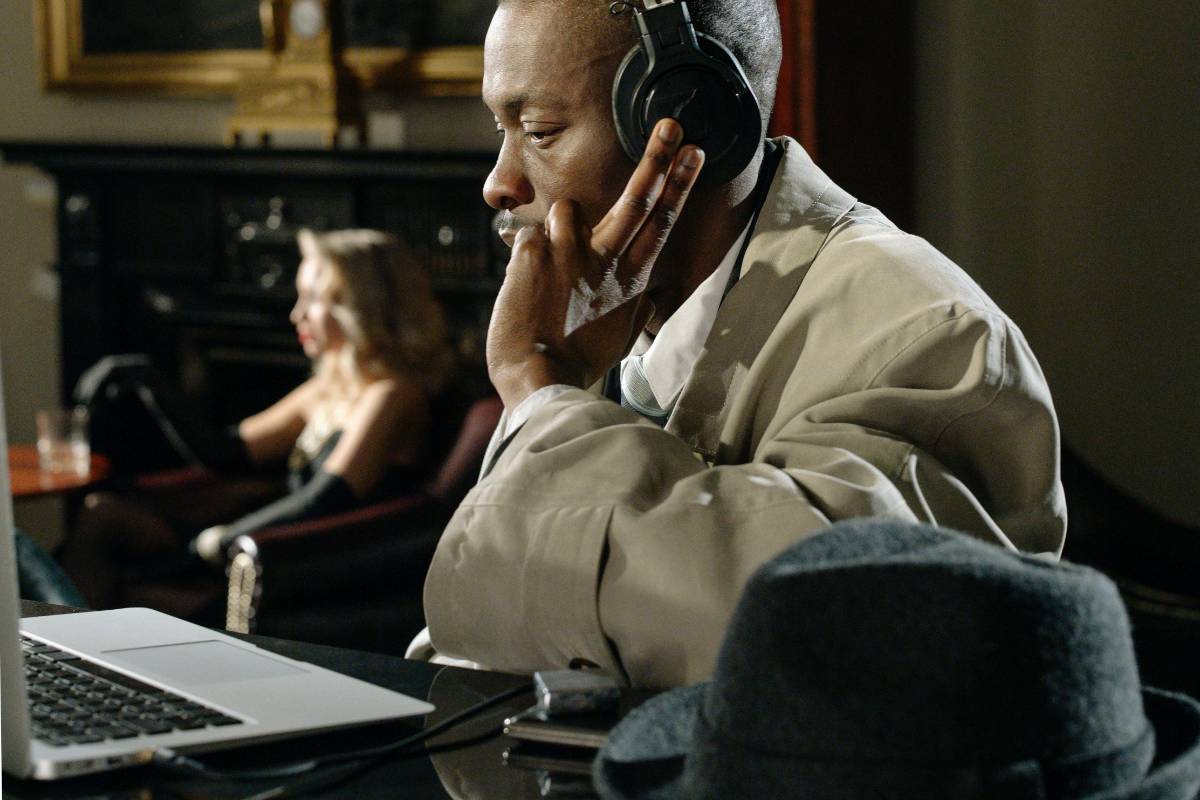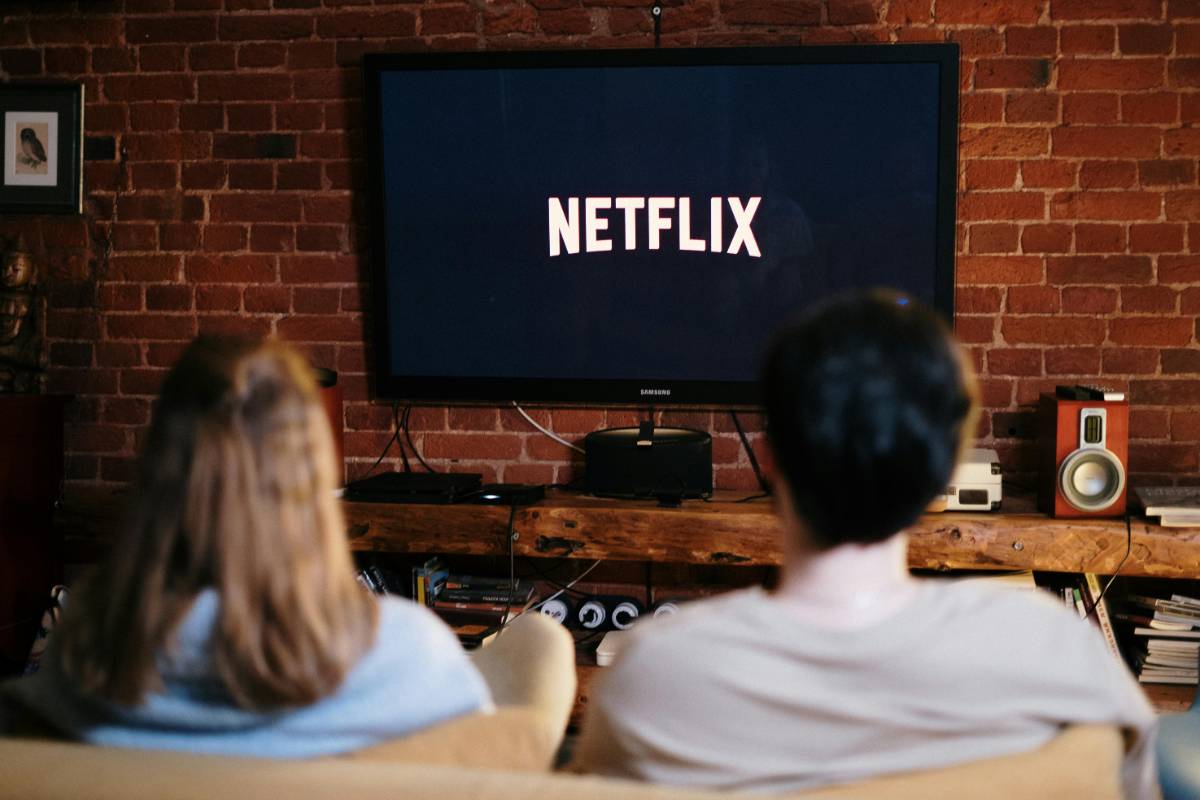The Role of Movie Critics in Shaping Hollywood’s Successes and Failures
06 Oct 2025
Read Time: 6 min read

Movie critics have long played an essential role in the Hollywood ecosystem, influencing both the success and failure of films. While the general audience’s opinion is crucial for a film’s box office performance, critics often hold significant power in shaping public perception and the trajectory of a movie’s cultural legacy. Their reviews can boost a film to unforeseen heights or contribute to its downfall, making their influence undeniable in the industry. This article delves into the role of movie critics in Hollywood, examining how their opinions impact film success and failure, and why their voices remain central to the entertainment world.
 The Power of the Critic’s Voice
The Power of the Critic’s VoiceAt its core, movie criticism serves as a bridge between filmmakers and audiences. Critics offer a professional perspective, analyzing films based on various factors such as direction, acting, cinematography, and narrative. Their assessments often highlight strengths and weaknesses that viewers may not initially notice. While some critics aim to provide a balanced, objective review, others bring personal preferences or agendas to their analyses, which can significantly impact a film's reception.
The weight of a critic's opinion can affect the success or failure of a movie, especially in the first few weeks of release. Positive reviews from respected critics can generate buzz, attract moviegoers, and boost a film’s box office numbers. Conversely, negative reviews can sour the public's view, leading to lower attendance and a poor performance at the box office. In many cases, early reviews can be the deciding factor in whether a film gains a lasting following or fades into obscurity.
One of the most notable examples of critics influencing a movie's reception is the case of "The Blair Witch Project" (1999). The low-budget horror film received a significant amount of praise from critics, particularly for its innovative documentary-style filmmaking. The positive critical reception helped fuel the movie’s success, turning it into a box office hit and a cultural phenomenon despite its modest budget.
The Impact of Rotten Tomatoes and Other AggregatorsIn today’s digital age, movie review aggregators like Rotten Tomatoes have elevated the role of critics to new levels of influence. These platforms collect and compile reviews from various critics, offering a percentage score that represents the overall reception of a film. A high score on Rotten Tomatoes, often dubbed the “Tomatometer,” is considered a badge of honor for a film, and studios often highlight this in their marketing campaigns to attract audiences.
A positive score can create a snowball effect, leading to more viewers purchasing tickets, watching the movie online, or discussing it on social media. Conversely, a negative score can work in the opposite direction, discouraging potential viewers and tarnishing a film's reputation. Films like "The Incredibles 2" (2018), which boasted a near-perfect Rotten Tomatoes score, saw an immense surge in audience interest and box office success. On the other hand, films like "Catwoman" (2004) suffered from scathing reviews and a low score, which contributed to their commercial failure.
While Rotten Tomatoes and similar platforms have democratized the review process, they have also made critics more accountable, as their reviews can be publicly scrutinized and analyzed by fans. This has led to more transparency but also more pressure on critics to be precise and fair in their assessments.
The relationship between Hollywood studios and movie critics is complex, often marked by mutual dependency and occasional tension. Studios rely on critics to create buzz around a movie, but they also recognize that a negative review can significantly affect box office performance. This dynamic has led to Hollywood sometimes trying to influence critics or even discouraging reviews they deem negative.
For example, some studios may choose to limit access to early screenings of a film to only certain critics they trust, in hopes of curating favorable reviews. The practice of "embargoing" reviews, where critics are prohibited from publishing their opinions until a certain date, is a common tactic used to ensure that critics’ reviews do not negatively impact a film’s opening weekend. Studios are also known to engage in aggressive marketing campaigns to overshadow negative press or to turn critics' praise into viral moments.
However, critics are not always at the mercy of Hollywood's influence. Many critics are independent voices, working outside the traditional system of press junkets and screenings. These critics often have the freedom to give their honest, unfiltered opinions, which can be a breath of fresh air in an industry driven by commercial interests. These independent voices are particularly important in cases where a movie has been heavily marketed, but the actual product does not live up to expectations. In such instances, critics serve as a counterbalance to the sometimes misleading nature of promotional campaigns.

💡 Discover More from Hollywood
The digital age has transformed how movie criticism is both produced and consumed. Traditional outlets like newspapers and magazines once held monopoly over movie reviews, but with the rise of blogs, YouTube channels, and social media, new platforms have democratized the review process. Online platforms like YouTube have given rise to a new breed of critics—many of whom are not professional writers but enthusiastic movie lovers who provide honest, relatable reviews to their audiences.
This shift has broadened the scope of movie criticism, making it more accessible to a diverse range of voices. Influencers and YouTubers have emerged as powerful figures in shaping public opinion, sometimes garnering larger followings than established critics in print. For instance, channels like CinemaSins or Screen Junkies have huge followings, and their content is frequently cited by fans of various films, whether they are critiquing an upcoming release or revisiting a classic.
Despite the rise of new media platforms, traditional critics still maintain significant sway, particularly among Hollywood insiders and professional audiences. However, the lines between professional and amateur critics continue to blur, as social media has become an essential tool for spreading film reviews, allowing opinions to go viral with the click of a button. This shift has made it more challenging for studios to control the narrative surrounding their films, as a single tweet or viral review can impact a movie’s reception just as much as a major newspaper review.
The Future of Movie CriticismAs the entertainment landscape continues to evolve, so too will the role of movie critics. Hollywood is increasingly leaning on critics, whether traditional or digital, to fuel conversations around its films. The rise of streaming platforms such as Netflix, Amazon Prime, and Disney+ has further changed the dynamics of how films are consumed, with critics playing a key role in guiding viewers to the best content in a saturated marketplace. The ability of critics to navigate the vast selection of available films and recommend standout titles will become more valuable as digital streaming continues to grow.
Moreover, the growing importance of international film markets means that critics from around the world are gaining more influence. As global cinema continues to blend with Hollywood filmmaking, critics from different countries and cultures are bringing fresh perspectives and shaping how movies are perceived globally. The increasing diversity of voices in movie criticism is ensuring that Hollywood’s films are viewed through a broader lens, which only strengthens the value of critics as essential members of the filmmaking process.
ConclusionMovie critics continue to play a vital role in shaping the success and failure of Hollywood films. Their analyses and opinions have the power to influence public perception, direct audience behavior, and even determine a film’s legacy. As the industry evolves, so too will the role of critics, with new technologies and platforms amplifying their voices. Hollywood will continue to rely on these voices—sometimes to elevate a film, sometimes to steer audiences away from a flop—making movie criticism a crucial element of the filmmaking process that cannot be ignored.
Stay Informed
Get the latest and most accurate news delivered straight to your inbox. Subscribe now and never miss an update.

Anita Singh
An insightful voice in the industry, crafting content that informs, inspires, and connects with readers.
View all articles →Continue Reading

Travel
How to Make the Most of Business Class Benefits on Your Next Corporate Flight
By David Thompson
02 Oct 2025

Travel
How to Make the Most of Your Corporate Travel Perks – Expert Tips Inside!
By James Carter
31 Aug 2025

Travel
Exploring Indigenous Cultures: Destinations and Responsible Tourism Tips
By Rahul Sharma
20 Sep 2025

Travel
Why Your Corporate Travel Policy May Be Costing You More Than You Think
By David Thompson
18 Sep 2025

Travel
How to Make the Most of Your Airline Miles – Tips from Travel Experts
By Olivia Mitchell
23 Sep 2025












